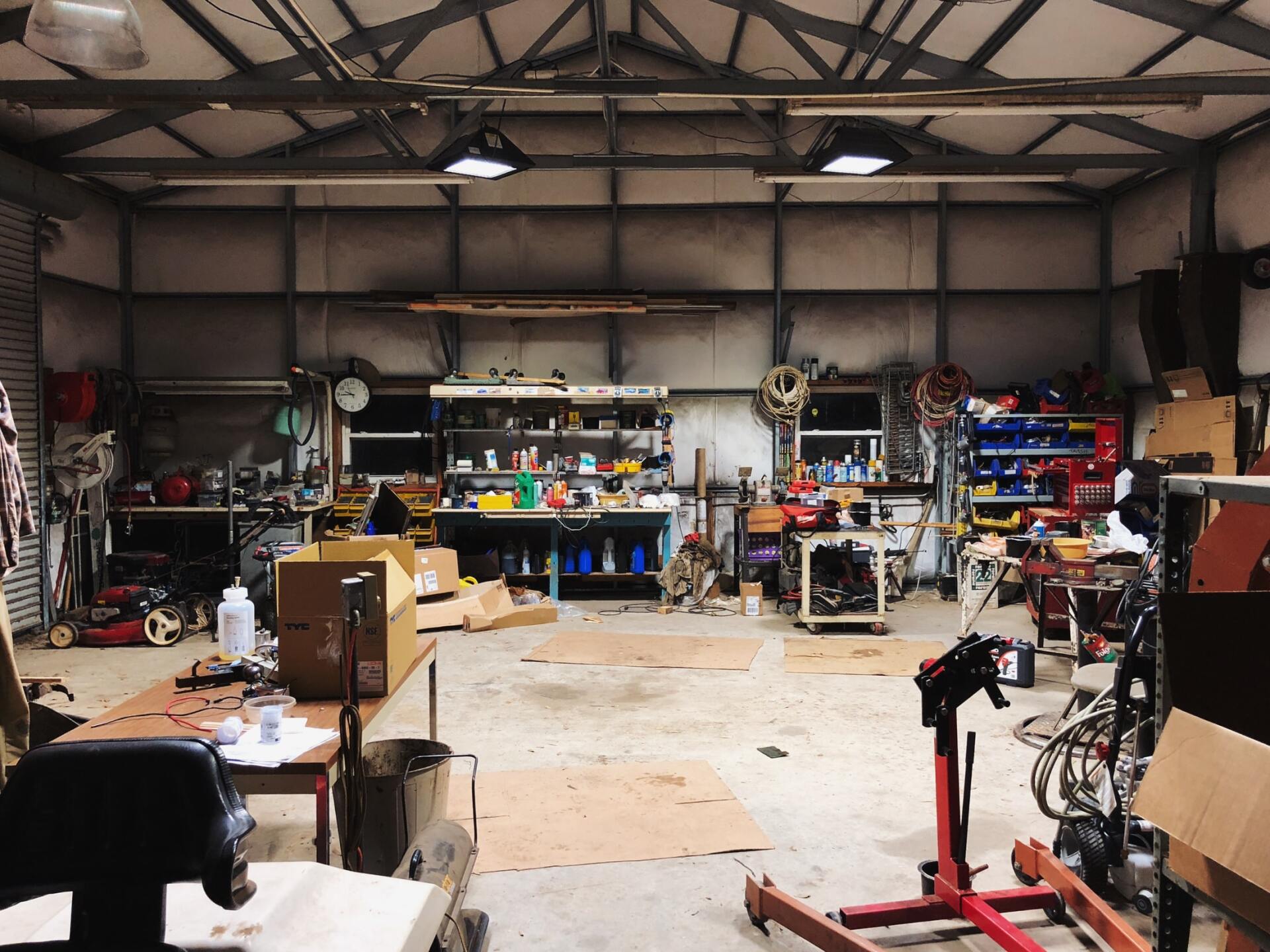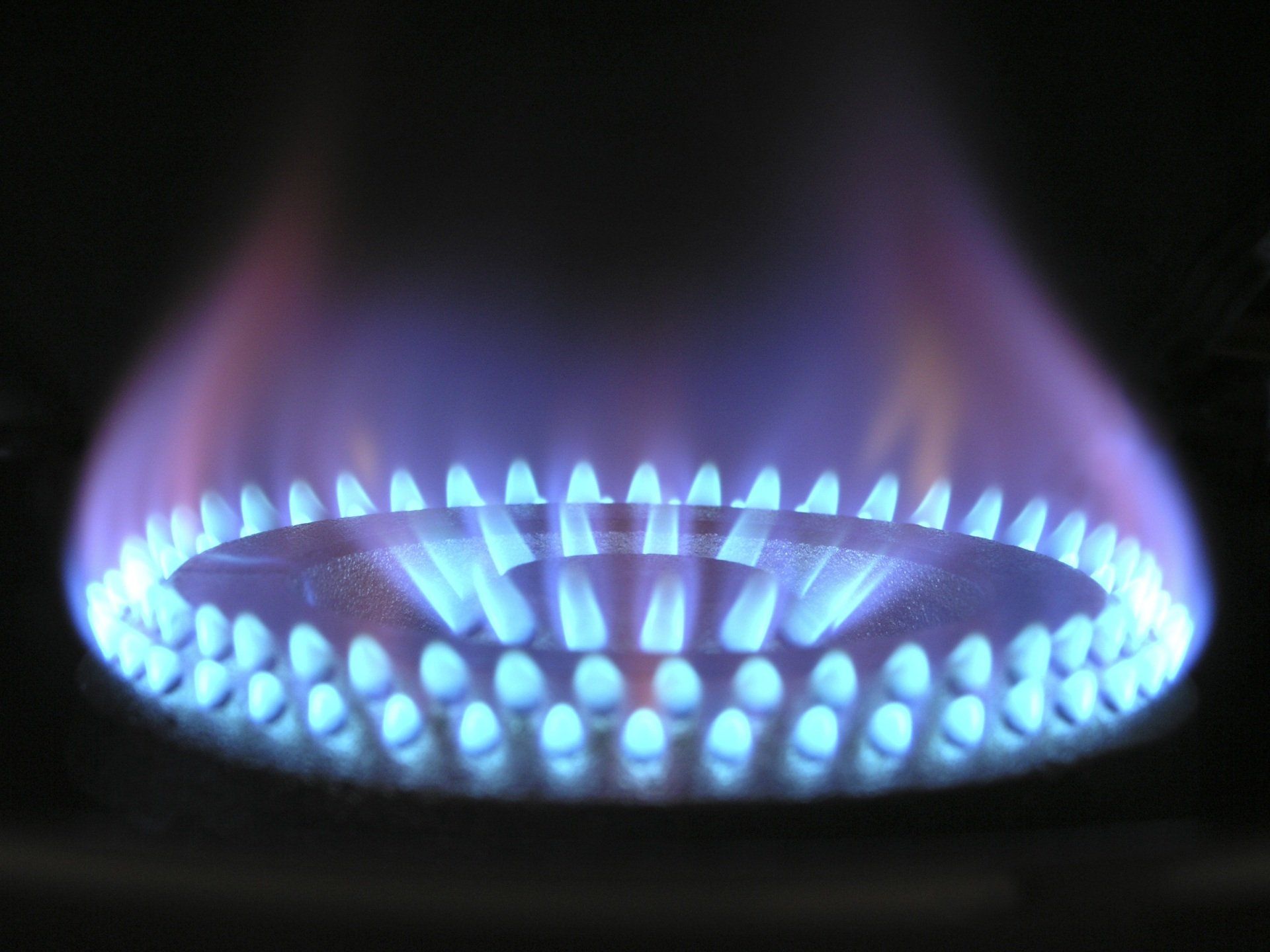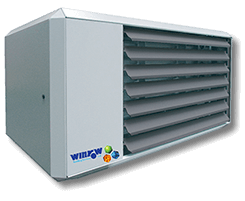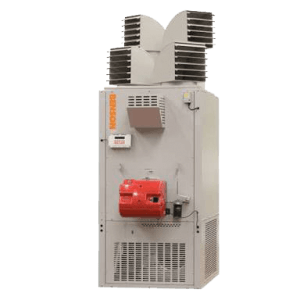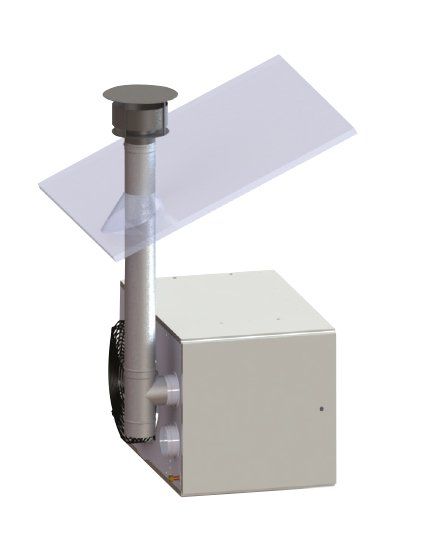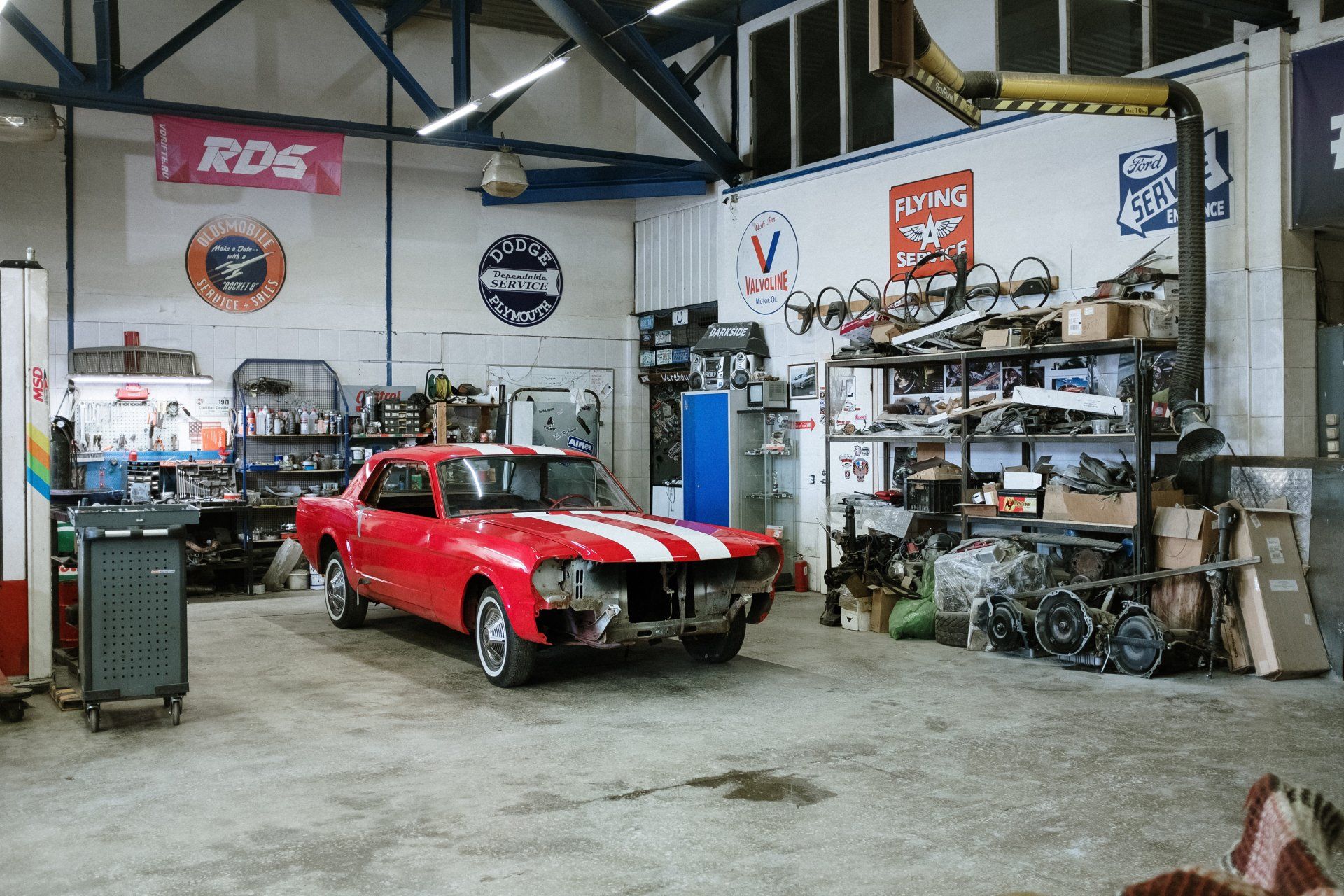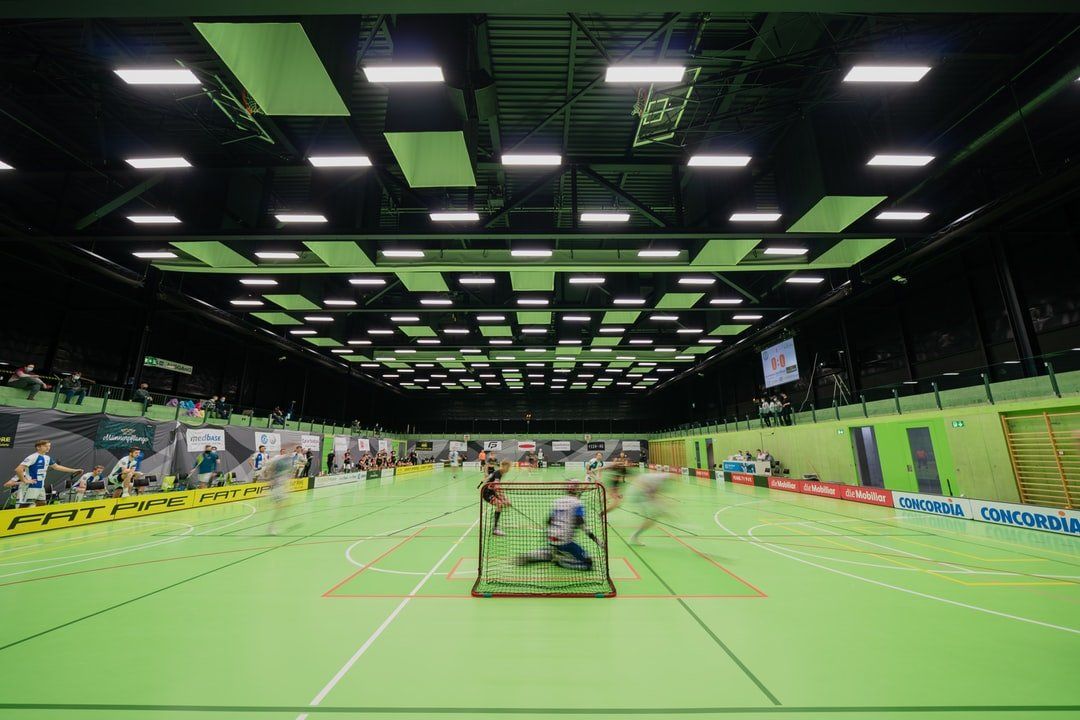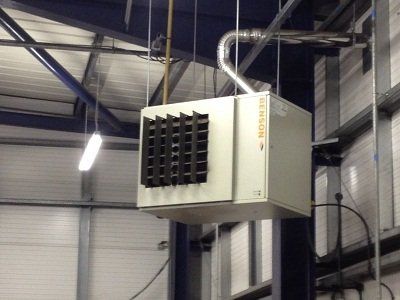Workshop Heater: Heaters and their Suitability For Workshop Heating
If you’re looking for a Workshop Heater, then Winrow Ltd have a variety of solutions for you. In this article, we will go through our products and their suitability for workshop heating.
We'll start with gas heaters, and their alternatives;
A natural gas unit heater is a type of heater that uses natural gas as its fuel source. These are typically wall mounted heaters, and they provide a convenient and efficient way to heat a room or workshop.
Natural gas unit heaters are available in a variety of sizes, so you can find the perfect one for your needs. They also come with a variety of features, including thermostats and fan speed controls, so you can customise the heating experience to your liking.
How Natural Gas Heaters Work:
The unit heater is activated when heat is necessary. The fuel comes from your natural gas line or propane tank, and it flows through a gas valve into the unit. Inside, a spark or pilot flame ignites the fuel which produces a flame in the heat exchanger. Once the heat exchanger reaches its preset temperature, a fan turns on and forces space air through the now-warm heat exchanger.
The air that comes into the heat exchanger takes on the heat from the exchanger, making the discharge air temperature warmer. As fuel is burned, by-products of combustion leave through a vent pipe which might also be called a chimney or flue pipe.
Natural Gas or Propane (LPG) unit heaters, Which are the best for Garages & Workshops?
Advantages of gas or propane unit heaters in garages or workshops:
- Efficient: Gas and propane unit heaters are highly efficient, which means they can quickly heat a space, ideal through the winter months.
- Convenient: These heaters are easy to install and use, and they come with a variety of features to customize the heating experience.
- Safe: Unit heaters are safe to use and have a number of safety features, such as an automatic shut-off if the flame goes out.
- Durable: Gas and propane unit heaters are built to last, making them a wise investment for your garage or workshop.
Disadvantages of gas or propane unit heaters in garages or workshops:
- Costly: Natural gas and propane units tend to be more expensive than electric heaters.
- Requires Ventilation: Unit heaters must be vented properly, which can add to the cost and complexity of installation.
Overall, if you’re looking for a highly efficient, convenient, and safe heating solution for your garage or workshop, then gas or propane unit heaters are the best choice. Whether you choose natural gas or propane depends on your budget and preferences, but both offer excellent performance and convenience.
Workshop heater Unit
Workplaces and garages that use gas and propane for heating units exhaust air in a horizontal direction into the room. Airflow may be adjusted vertically by rotating the adjustable louvres. Horizontal louvres are available from most major manufacturers, allowing for side-to-side airflow adjustment.
Venting types and heat exchanger designs for gas and propane unit heaters can be divided into numerous categories, depending on the type of venting and heat exchanger design:
There are several types of flues:
Natural draught
Natural draught unit heaters are a good choice for some workshop heating because they're low cost and have a compact design. The term natural draught refers to a heater that vents naturally, without the assistance of a fan. A natural draught heater uses the air in the garage or workshop for combustion. The products of combustion rise out of the unit heater through a flue pipe to the outdoors. Natural draught workshop heaters are often less expensive than others because their flueing costs tend to be lower; however, you must ensure that all following conditions exist:
1) If your workshop or garage is under a negative pressure, you will experience safety issues and your products of combustion will not vent properly. This happens when air is being exhausted from the space without any replacement source of make-up air or combustion air.
2) Flue pipes must be routed a specific way for natural draught warm air heaters to function properly because they rely on hot air rising. It is better to route the flue pipe vertically through the roof of your garage or workshop, though horizontal flueing is much more difficult. If you choose to go through the roof, it can become expensive since you need to seal the hole in the roof completely so no weather gets in. You must also follow the manufacturer’s detailed installation instructions carefully.
3) It is crucial that the air in your workspace is clean if you plan to use a natural draught flued workshop heater, since the air inside the heated space is necessary for combustion. If you would feel comfortable lighting a match in your workshop or garage, then it should be safe to run this type of heater. However, if there are any dusts or fumes present which could catch fire (this is common in woodworking shops), select a separated combustion design as explained below.
Fan assisted or Powered flue Workshop Heaters
A fan assisted or powered flue warm air heater unit is like a natural draught heater with an incorporated flue boost fan. When the demand for heat arises, the booster fan activates to ensure that combustion products are properly fanned.
The most frequent and popular style of gas and propane heating equipment for workshops and garages is a boiler assisted heater, which requires no booster fan. Horizontal flueing is quite simple. Most flueing in a workshop or garage is done via the sidewall to avoid expensive roof changes. Gravity flued units are being phased out by several major manufacturers, who are instead using power ventilated ones as standard.
Room Sealed Workshop Heaters
Room sealed garage and workshop heaters are becoming increasingly popular for a number of reasons. Whereas traditional heaters rely on space air for combustion, room sealed heaters are sealed from the surrounding area. This means that they are more efficient and cause less pollution. Room Sealed warm air unit heaters also have two flue pipes, which helps to remove any products of combustion back outside quickly and efficiently.
With this combustion design, you no longer have to worry about using up all the air in your space. Therefore, Room Sealed unit heaters are great to use in a woodworking shop because there is usually a lot of dust that could easily ignite with an open flame. Not only does it make life easier, but these types of heaters are also slightly more efficient due its ability to not consume the heated air around it for combustion purposes.
Many manufacturers provide a concentric flue kit to improve heater efficiency. With this, you only need to penetrate your roof or wall once. The exhaust gases from the heater preheat the cold external combustion air, resulting in warmer air.
Workshop Heater – Options and Accessories:
A workshop heater may be equipped with a wide range of options and attachments to meet your unique demands and requirements. Wall-mounted thermostats, high-volume fans, air deflectors and flue caps are all typical accessories used in workshop and garage heating. If you're unsure what to get, consult our knowledgeable sales staff who will recommend the best buy, most appropriate device for your needs.
Installation Overview:
- Heating systems for workshops can be hung from the ceiling or installed directly to the wall. Flexiheat can supply appropriate brackets for either choice. Alternatively, we may construct a floor-mounted model.
- Install the gas or propane (LPG) pipe work
- Remove and replace the flue pipe.
- Connect a low-voltage wall thermostat to the heater.
- The dryer's electrical connection to the warm air heater is changed when this occurs. This is generally 24 volts of power in workshops and garages.
If you’re looking for an easy and efficient way to heat your workshop, then a natural gas unit heater may be the right choice for you. Contact Winrow Ltd today to learn more about our products and how they can benefit you.
-
How do I determine the amount of heat my commercial or industrial space needs?
Use our heat load calculator or give us a call. You might see equipment that is advertised as being able to heat up to 2000 square feet, but beware; it takes different types and numbers of heaters to service a 2000 square foot space in Portsmouth than it does in Scotland. Don't make the mistake of undersizing or oversizing your heater needs—give us a call so we can help you pick the perfect one through our engineering calculations specific to your project site's details.
-
How can I control my natural gas or propane unit heater in my commercial or industrial space?
A 24-volt thermostat must be mounted to the wall. If heat is needed, this thermostat will send a signal to the natural gas or propane heater telling it to turn on. Some upgraded models of this type of thermostat also have a switch for operating just the fan--this can come in handy during summer months when no heat is necessary.
-
Is it possible to set up a thermostat on one of my units with three or more natural gas or propane heaters?
Control relays may be required for this product. For more information, please contact the manufacturer.
-
What is the best method for calculating how much heat a natural gas or propane unit heater will produce?
Many people make the mistake of choosing a natural gas or propane unit heater for their commercial or industrial space based on the fuel input, without taking into account the unit's efficiency rating. However, doing this could result in an undersized unit that doesn't meet your heating needs. To avoid this problem, be sure to pick a unit based on its actual heat output rather than its nominal size.
-
Where is the best location in my commercial or industrial building to install my natural gas or propane unit heater?
Actually, the ideal place to put your commercial or industrial room's natural gas or propane unit heater is in the coolest area. Also, make sure it's slightly angled so that warm air hits the coldest wall. Usually, it's smarter to go with multiple smaller heaters rather than one large one. Even though you'll have to spend more at first, you'll save money on heating costs overall and will be able to control comfort levels better.
-
What is the best place in my business or industrial area to put a wall-mounted thermostat?
Make sure the thermostat is placed in a location that indicates an average facility temperature. If it's in a chilly area, the heater will run more frequently than it should. It will falsely turn on the unit heater if it is positioned in an exposed location or receives direct sunlight. The best position for the thermostat is within an insulated interior wall.
-
I have a 30-year-old natural gas unit heater that is still working perfectly. How can I convert it to propane?
Most manufacturers will only make components for equipment that is at least 20 years old. It is assumed that the equipment will be replaced with more efficient technology after 20 years. You might be able to locate an aftermarket conversion kit from the manufacturer of the gas valve in some cases.
-
How can I figure out how much it costs to run natural gas, propane, oil, and electric unit heaters?
Call us. We can calculate your heating load and convert it into operating expenses ( £/hour) for various fuel types, based on the average cost of running your equipment.
-
What do I need in order to convert my natural gas appliances to propane?
Different fuels have different flow rates and pressures. The gas valve's springs and orifices must be modified to match the fuel type. On some machines, the igniter is also in need of an upgrade.
-
How do I know if my commercial or industrial unit heater needs a separated combustion natural gas or propane?
If you're not comfortable lighting a match in your home, you'll need a separate combustion unit to keep any open flames away from the heated area.
-
What is the best way to vent a natural gas or propane commercial or industrial heater?
It's critical that you understand the installation instructions for your particular heater. Manufacturers do an excellent job of describing typical procedures. Venting requirements may be determined by local rules and override manufacturer recommendations. It is not a good idea to purchase a vent pipe as part of a "set."
There are several types of vent pipe available, and some inexpensive kits that are supposed to fit all installations do not always create a perfect seal. A kit with the word "flexibility" implies there are numerous expandable components and connections that must be plugged. The fewer connections you have, the safer your system will be. Place your heater in an area where it will receive maximum heat efficiency.
Use the following steps to correctly vent your plumbing fixtures:
First, sketch out a plan for the amount and type of ventilation you need. Second, take this drawing to your local store that specializes in plumbing supplies. The staff will be aware of the codes in your area and can help recommend products that come in lengths that will minimise extra joints (joints are dangerous if they're not sealed properly).
Share This Post.
Latest News | Winrow Industrial Heating
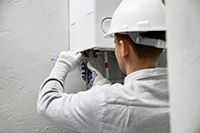
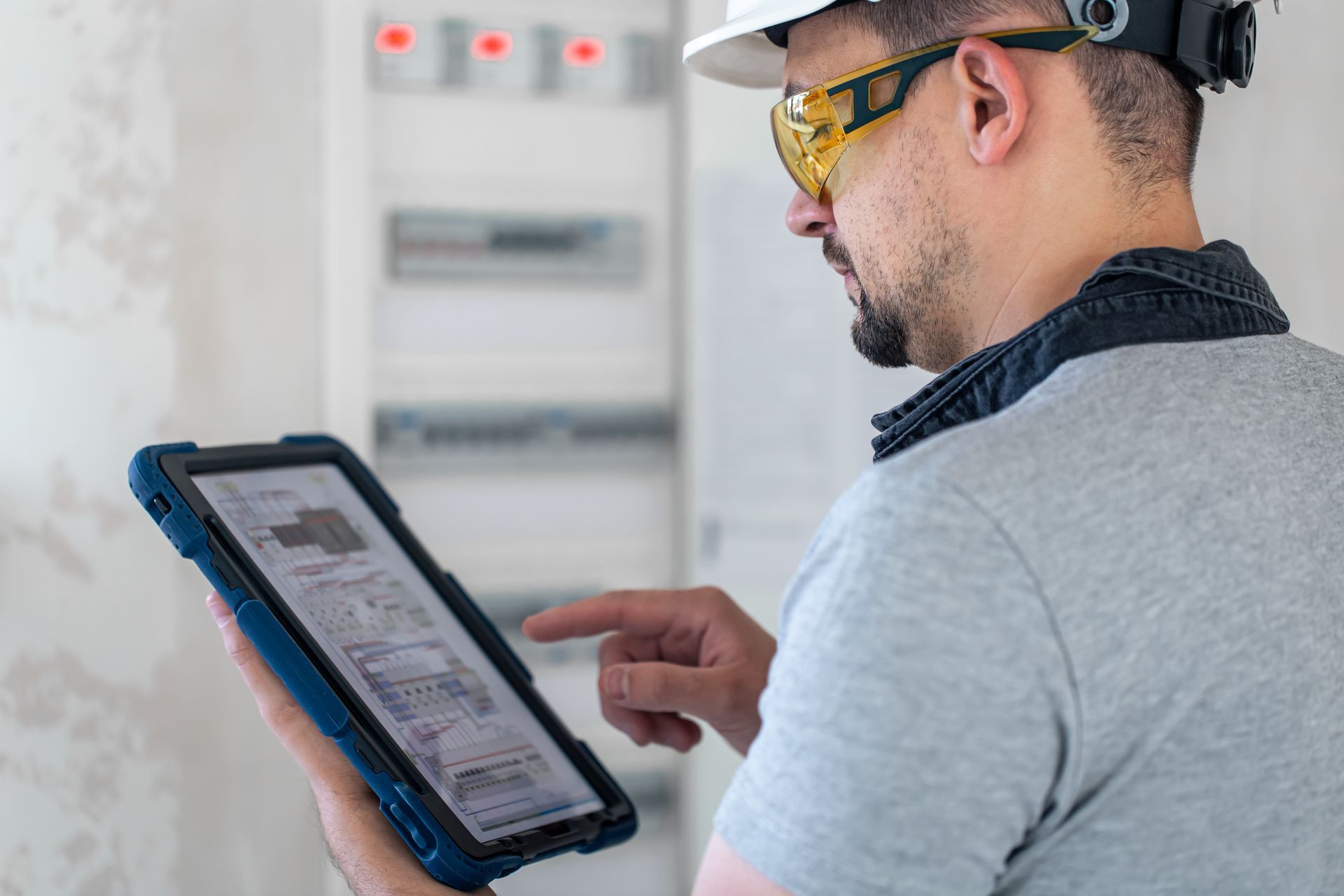
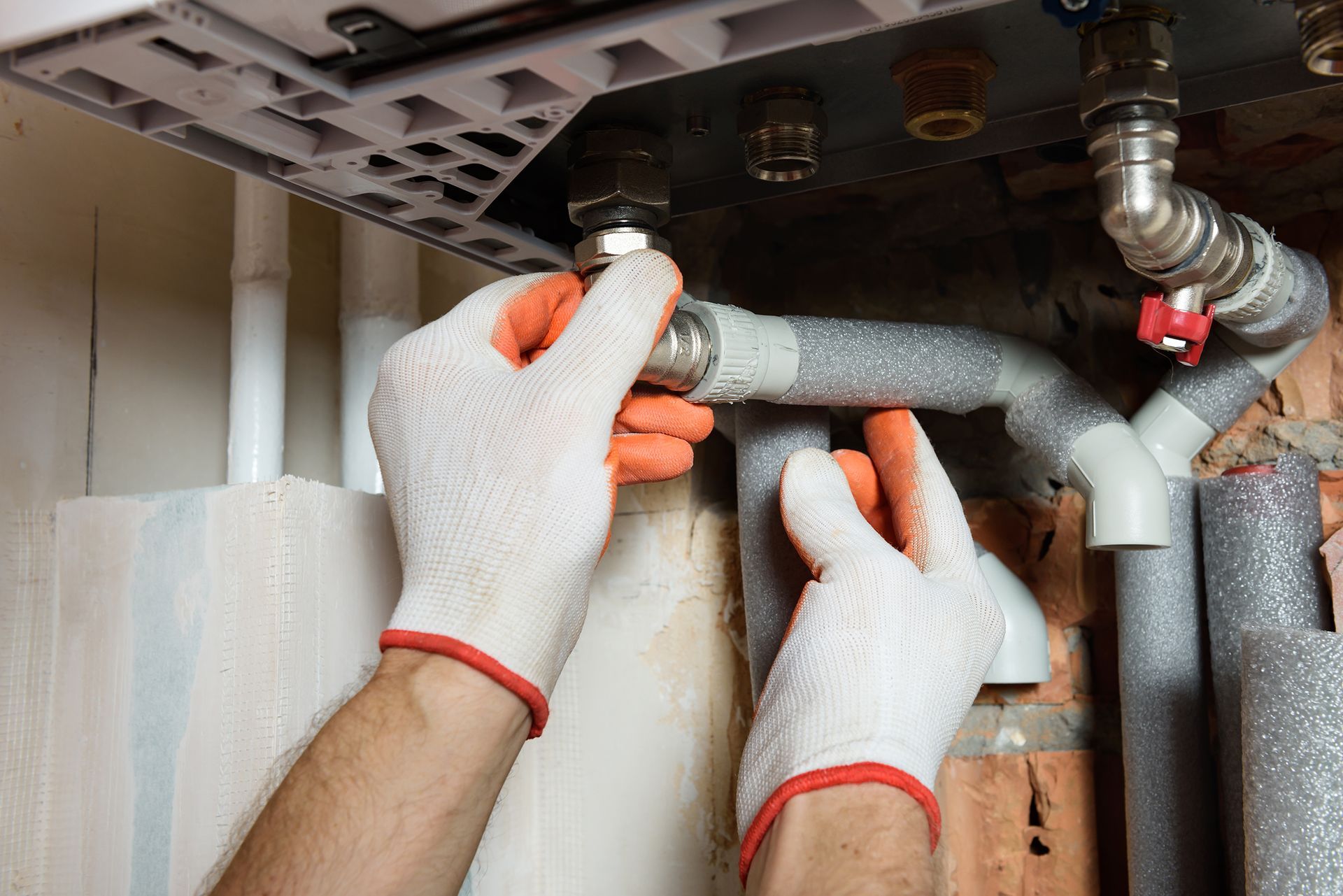
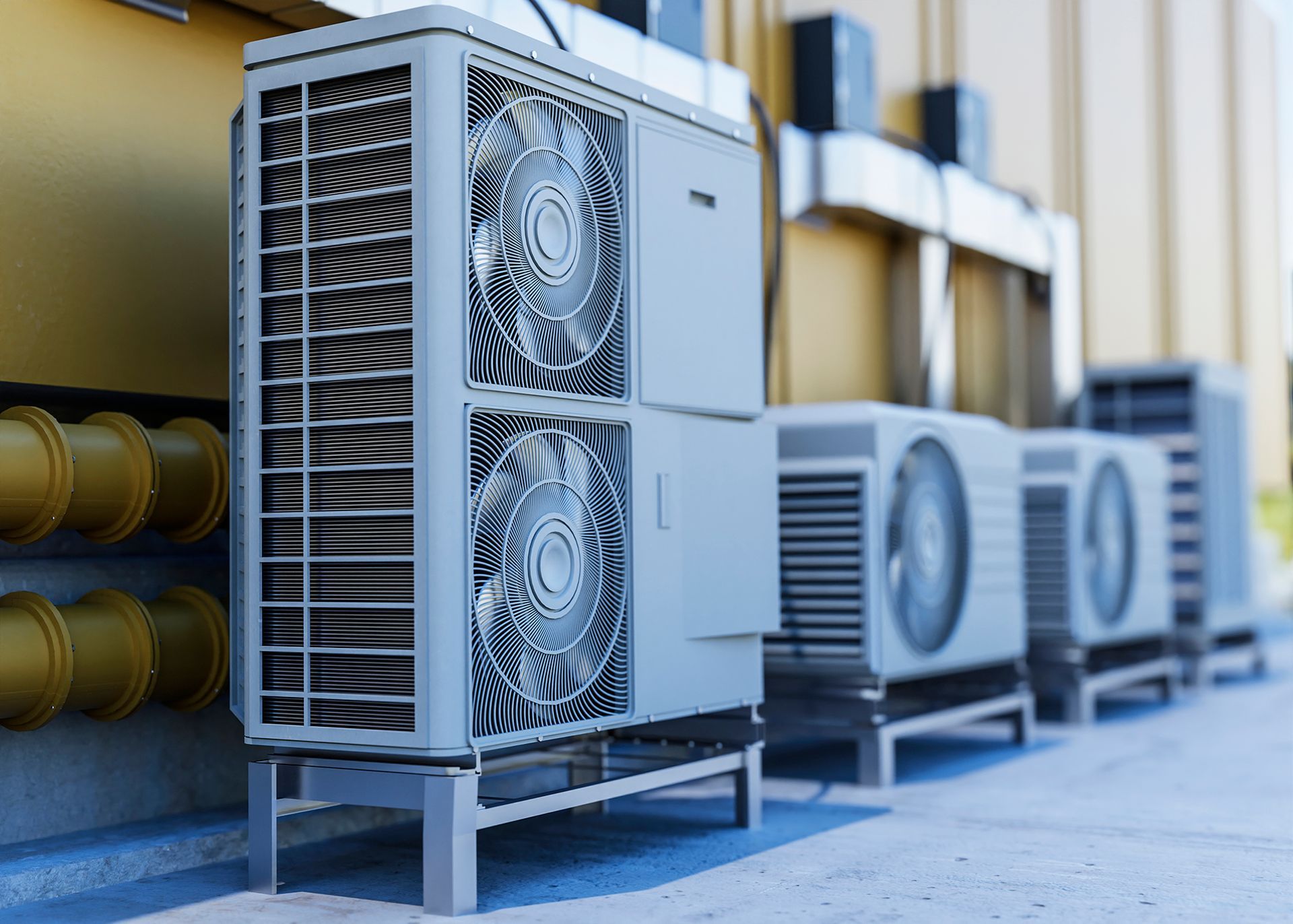
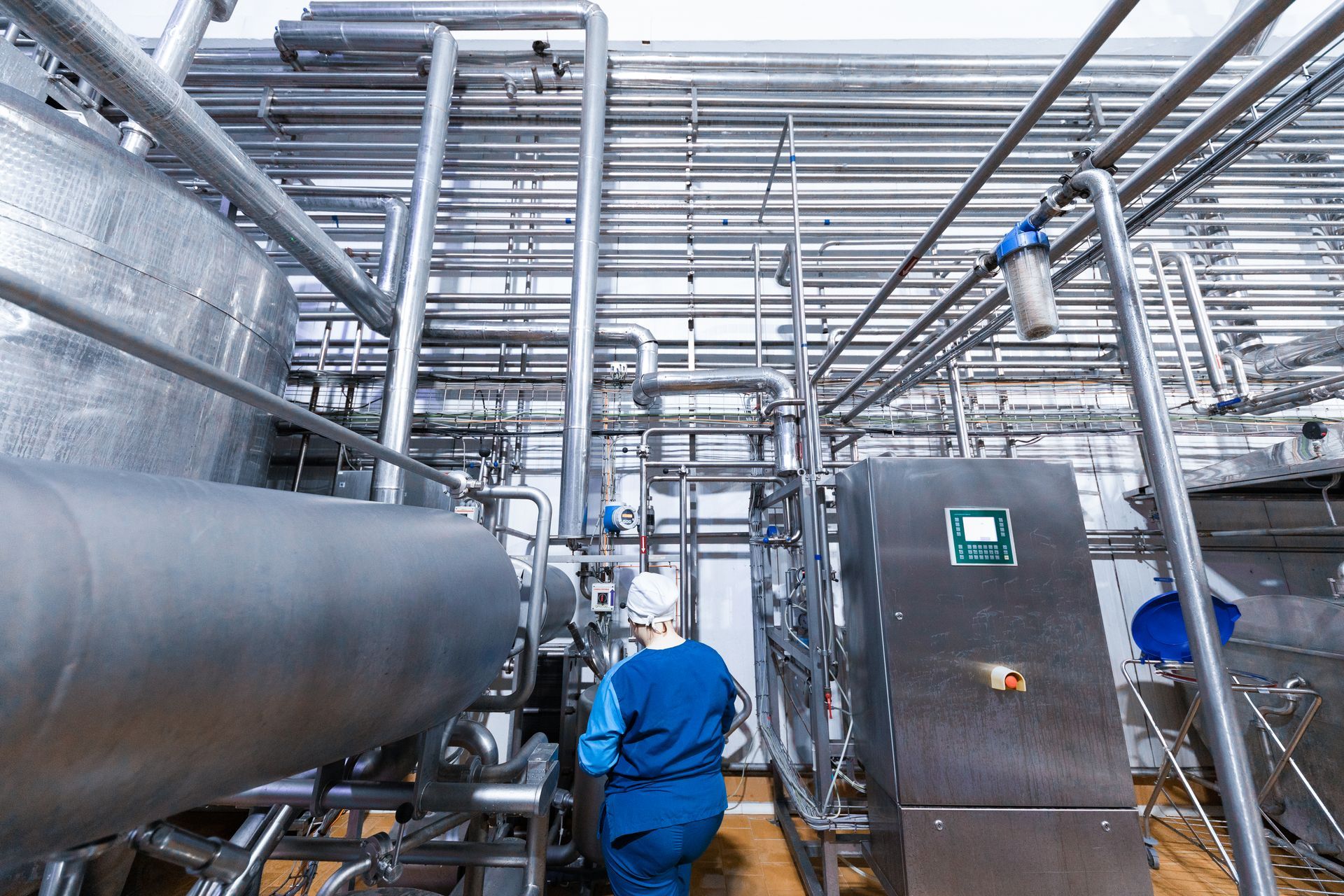
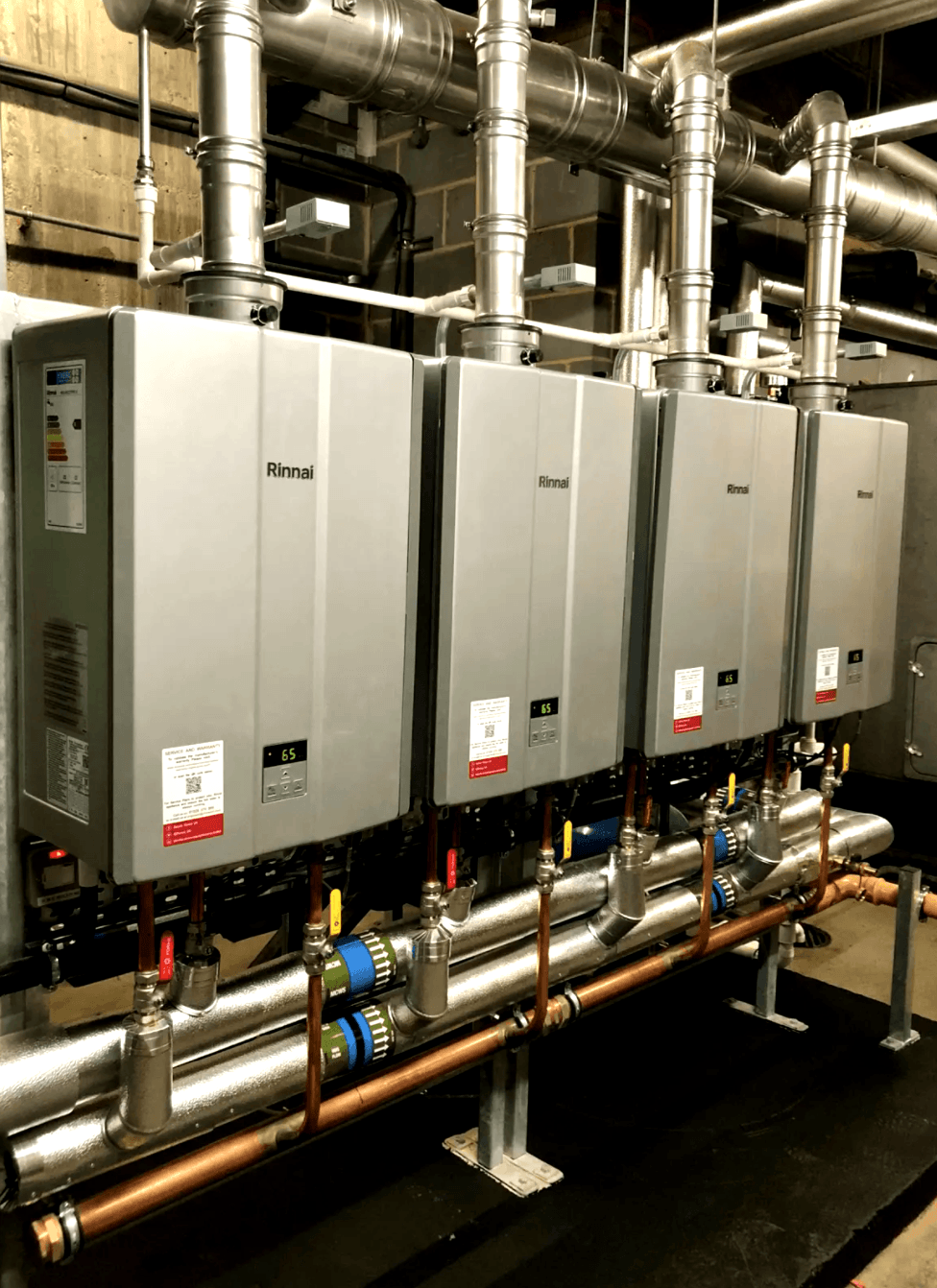
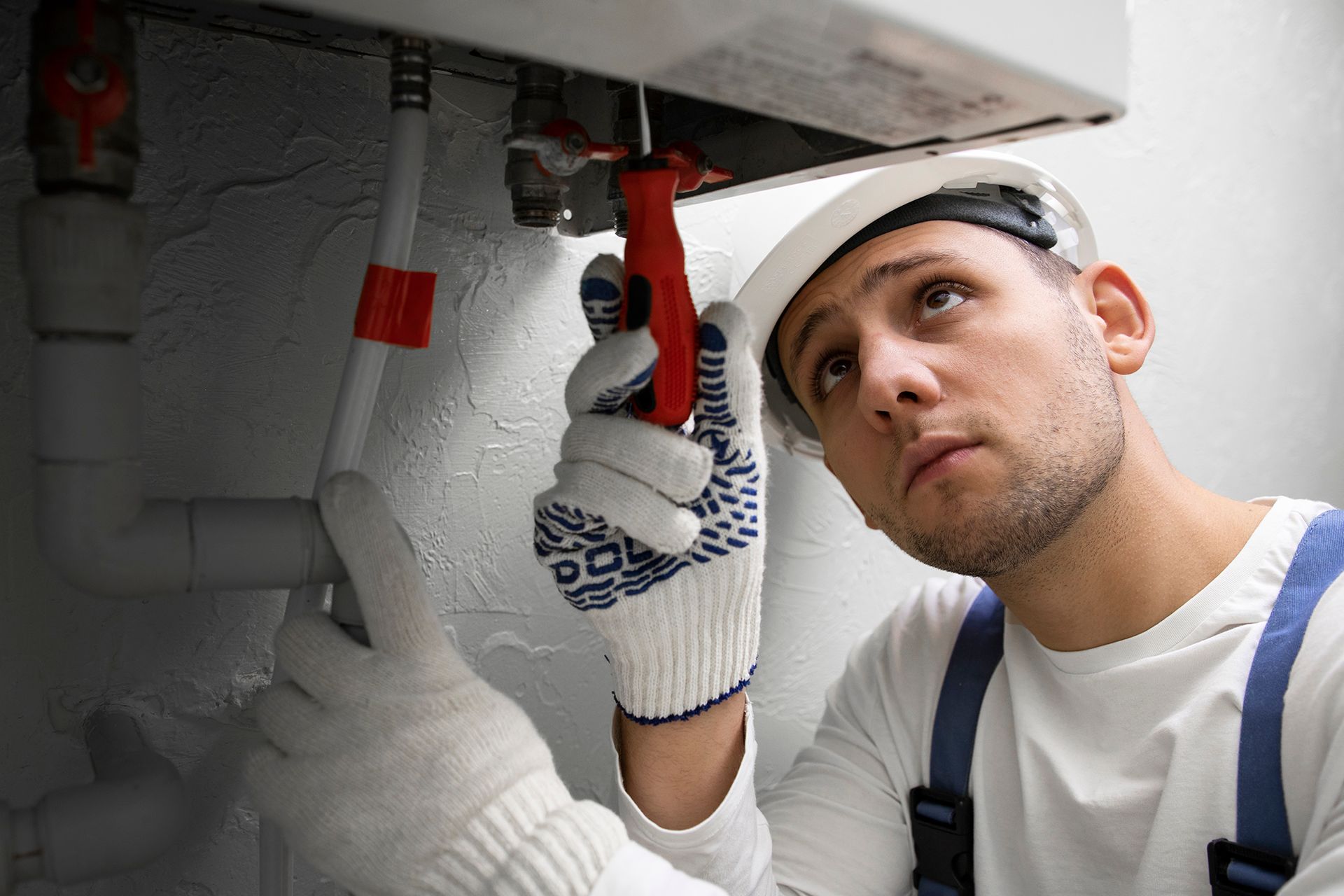
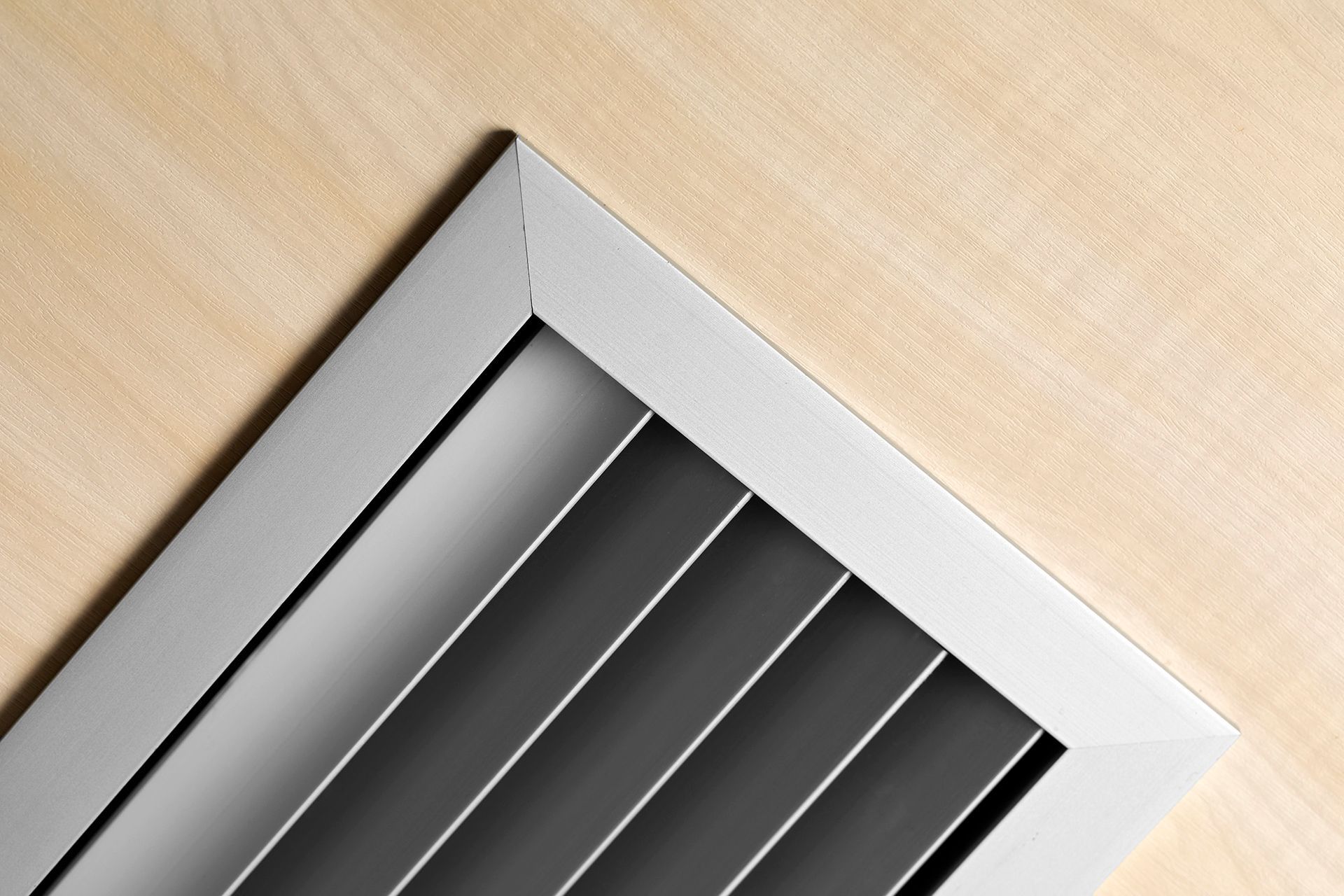
Need a Quote?
Is your business is looking for heating upgrade or an installation quote? Please call us on 08000 588 035 for a free quotation or fill out our contact form and we’ll get back to you as soon as we can.
If you could also attach some relevant images of the building and advise the building volumetric, it will help with our initial design assessment. Thank you.t Winrow
Winrow - Enquiry Form
We will get back to you as soon as possible
Please try again later

